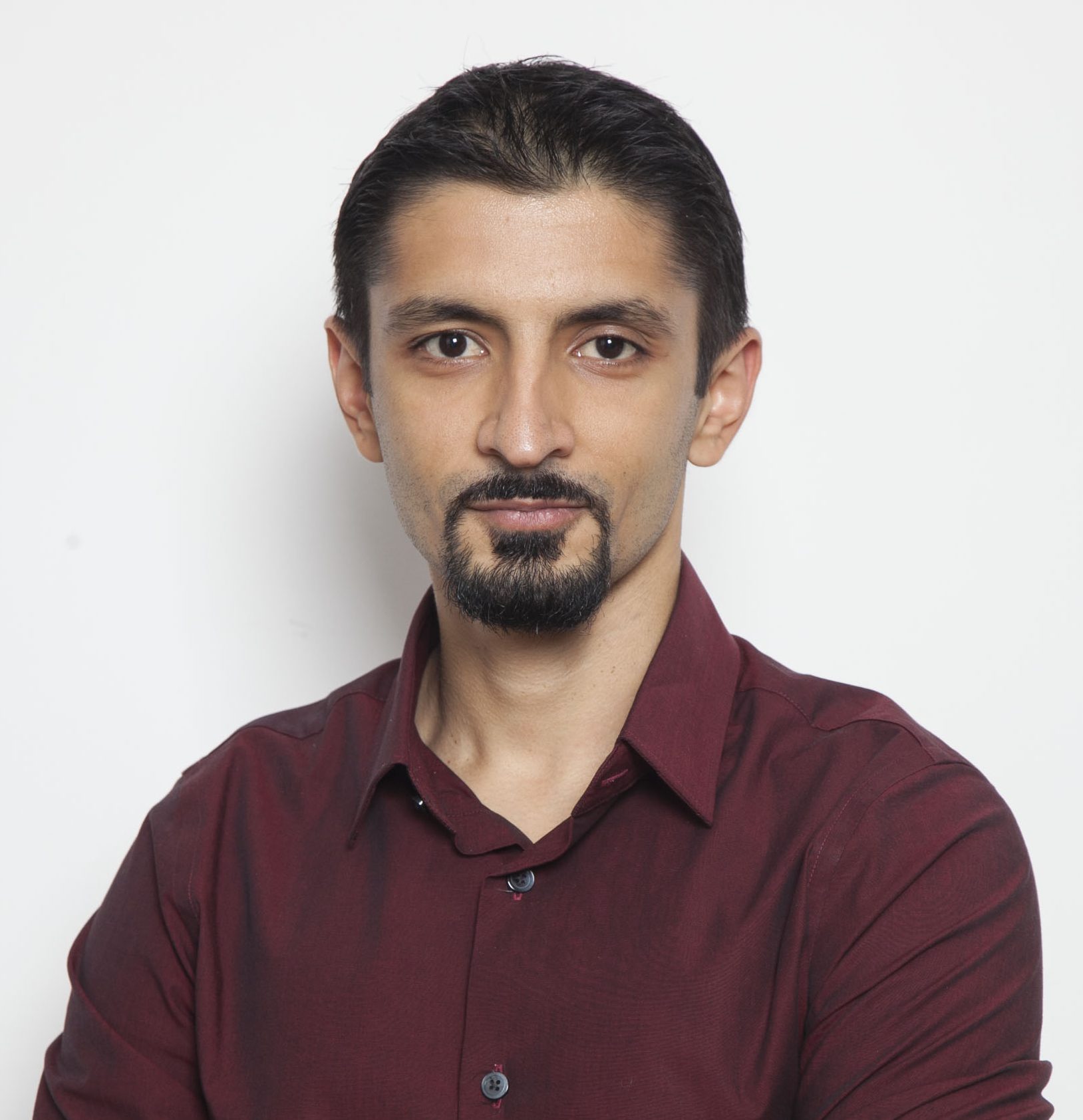He has overcome drug addiction, post-traumatic stress disorder or PTSD and depression from fighting the war in Iraq with the US Marines, besides alcoholism that pushed him to the brink of suicide. Since then Akshay Nanavati has built a global business, run ultra-marathons, and explored the most hostile environments on the planet, from mountains to caves to polar icecaps.
“Fearvana inspires us to look beyond our own agonising experiences and find the positive side of our lives.”
Dalai Lama
Combining his life experience with years of research in science and spirituality, he wrote a book called Fearvana: The Revolutionary Science of How to Turn Fear Into Health, Wealth and Happiness. All the profits from the book are donated to charity.
Nanavati is now on a mission to run across every country and turn Fearvana into a global movement to help humans build a positive relationship to suffering in order to live a life of boundless bliss. In a freewheeling interview Nanavati shares his experiences and what he learnt from them. Excerpts:

Thrive Global India: How did you get here?
Akshay Nanavati: My journey into Fearvana and everything I am doing now with it began in high school. I was born in Mumbai, India, and moved to Singapore and then to Austin, Texas when I was 13. Soon after moving, I got into drugs pretty heavily and lost my two friends to drug addiction. I was headed down the same path, out of my group of friends, I was most heavily into drugs.
TGI: What was the turning point?
AN: I watched this movie—Black Hawk Down—it inspired me to do something more meaningful with my life. I started reading books about the military, and I decided to join the Marines. It took me a year-and-a-half to get into marines. I had a blood disorder, and two of the doctors told me that Marine Bootcamp would kill me.
Moreover, so, I had to fight my way in, get medical waivers, and finally, after a year and a half, I could join the Marines. During my time there, I started pursuing outdoor sports as a positive means to get the same high, that once drugs gave me and really push my limitations. I got addicted to that venture and went mountain climbing, cave diving, ice diving, skydiving, every possible sport.
In 2007, I was deployed to Iraq as the infantry non-commissioned office. One of my many jobs was to walk in front of vehicles convoys and look for improvised explosive devices before they could be used to blow-up our vehicles. A fairly intense job, as you can tell. The whole experience taught me a lot about navigating fear and learning to embrace struggle. Throughout the marines, the outdoor sports, and especially in Iraq, I understood changing a situation is outside your control but you can change your response to it.
TGI: What happened on your return from Iraq?
AN: I came back from Iraq in 2008, soon after I was diagnosed with PTSD. I then struggled with alcohol, and I got to a point where I considered taking my own life. When I hit that moment, it shocked me that I would even think about that, so I realised something needed to change, and I began to read about spirituality and psychology.
Initially it was to heal my brain, but eventually, it led me on to something far more meaningful, which was how do we all turn our suffering into something useful and find bliss through our pain. That led me to the concept of Fearvana.
It took me about three years to translate this idea into a book and finally launched it last year. Now the vision is to turn Fearvana into a global movement. My idea is to build many different verticals in this space, for example, Fearvana academy, festival, fitness, and so on.
TGI: What did you learn from your Iraq experience?
AN: I learnt you cannot control the situation but you can control your response to it. So I discovered to find joy in the chaos of war. The brotherhood you form in such a situation is tremendous.
TGI: Who/what has been the biggest influence in your life and why?
AN: The veterans I admired when I first joined, in fitness influencers there is Pat Farmer, who ran from the North Pole to the South Pole, averaging two marathons a day for 10.5 months. There are entrepreneurs I admire; one personal mentor has been Jack Canfield, the author of Chicken Soup for the Soul series. He was very helpful in enabling me to overcome my PTSD and getting out of very dark places. I do a lot of work with him on a daily personal level, so he definitely ranks up there.
My parents have been incredibly supportive, as you can tell, I have been a nightmare of a child.
TGI: In your journey as a founder of Fearvana, you have interacted with people from diverse backgrounds, what has been the most frequent concern they have shared and what advice did you give?
AN: I recently visited Hawaii on an invitation from a retreat to share about Fearvana, and there I met some incredibly successful people. However, they had more demons than you can imagine. So it doesn’t matter if you are rich or not, everyone is struggling with fear and in their own way.
The problem is we demonise fear, stress and anxiety by classifying them as harmful and as a result, we fight back against it. That is the single biggest problem we can make in our life.
The number one advice I give is that the most critical skill you can develop is a positive relationship with suffering. If you can learn to suffer well, you can do anything in life. Not only can you handle life when it hits you in the face, but you can stand up to challenges between you and your worthy goal.
The real problem is people are looking to eliminate stress, fear and anxiety. I counsel them by reiterating that instead of rejecting, embrace these emotions because they are part of human experience. There are no wrong or right feelings; it’s up to us to make any emotion useful. Therefore it’s all about turning struggle into bliss and developing a positive relationship with yourself.
TG: What is your north star and how do you find purpose?
AN: My guiding light is my personal vision statement, which is, “to better myself every day and shatter the limits of what’s possible, in service of enhancing lives of our human family and uniting to work for the greater good.”
I look at my personal vision statement and goal list all the time. One of my mission is to run across every country in the world, I have run across eight already. It’s a way I push myself and tap into the human experience as well.
TG: We are drowned in competition and comparison, what motivates you to ignore the noise and focus on being the best version of yourself?
AN: Staying away from social media is a part of it. People often say we shouldn’t compare ourselves to others, but the reality is we are going to compare ourselves to others because human beings operate on references. For example, comparing one blender to another, or one vacation to another.
We have to be very present to what we allow into our consciousness. I use social media as a tool to share my work, inspire others and myself, but it has to be very regulated. We live in a world that is so connected that inevitably we see the best side of people on all social platforms.
Everybody seems to be living the best life, but he or she is not. Everybody is suffering; it’s rare that people share that on Facebook or any social media. We have to be very careful about what we are allowing into our consciousness. I do have to remind myself that all I have to do is better than myself yesterday and am I working towards that.
Every night I journal and record and track everything; from my achievements to how I can grow.
TGI: What are the three things you have to do every day?
AN: Exercise, meditation for my spiritual growth and work on my business. For meditation, I have a very specific ritual. In the morning I meditate for 10 minutes and chant for 10 minutes. Moreover, at night I meditate for five minutes and chant for five minutes. Chant is of Nichiren Buddhism. So 30 minutes of total meditation help control the conversation between my conscious and subconscious brain.
TG: How do you look at failure?
AN: It’s a natural part of life. You cannot grow without suffering, pain and struggle. I got rejected by a media outlet when I was launching my book, or a client said no to me. You are always learning from these experiences. When I broke my sobriety that was a giant failure. However, with every failure, there is an opportunity to grow into the next version of yourself. Failure is a process of evolution which is necessary to evolve into something better.
TGI: How do you cope with feelings of burnout?
AN: It is emotionally exhausting and overwhelming in every way. I had some rough moments. I think sometimes you have to give yourself some space to be low. It’s not about being positive all the time. Sometimes, it’s more valuable to embrace the negative. It’s important, however, to channel those demons.
When I have these moments, I allow myself to acknowledge that I have plenty of demons—I have navigated addiction twice and broken my sobriety a bunch, diagnosed from PTSD and was at the verge of suicide. However, I decided to embrace them and channel it. When the burnout happened recently, I just paused and allowed myself to be with the darkness. It is then that you can turn it into light. The key is not running away from it, but letting yourself to sit with the pain. I have gotten better and faster in this process.
TGI: How do you unplug and recharge?
AN: It’s something I am working on. The big one is spending time with people I care about. I travel a lot, therefore, it gets hard to build a system, but I am working to relax and play more. Watching movies is an excellent way for me to unplug.


